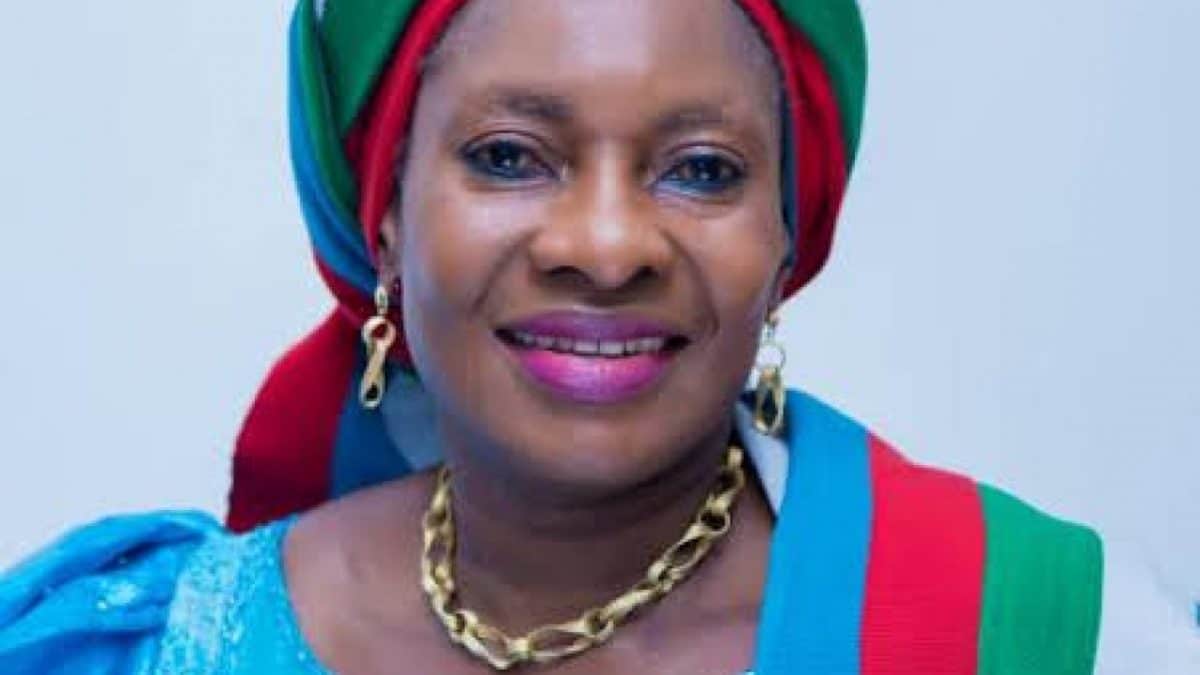30% Of Women, Girls Experience Sexual Abuse In Nigeria – Tallen
The Minister of Women Affairs, Sen. Pauline Tallen, has said 30 per cent of women and girls between the ages of 15-49 experience different forms of sexual abuse.
Tallen said this, on Tuesday in Abuja, at a panel discussion to commemorate the International Day of the Midwife 2021, and the Orange World Campaign Flag-off.
The theme of the event was, “Access to Services For GBV Survivors in Nigeria: A Call to Action.”
The advocacy event was organised by United Nations Population Fund (UNFPA), as part of its mandate of engaging health professional associations in ending Violence Against Women and Girls (VAWG) in Nigeria.
Tallen attributed the rising number sexual abuse, especially in the North East, to prevailing factors like child marriage and terrorism.
The minister, who was represented by the Permanent Secretary of the ministry, Mrs. Anthonia Ekpa, said Nigeria experienced different forms of sexual abuse, and that the patriarchal nature of the society.
“The situation has further worsened as a result of the COVID-19 pandemic which has been described as a shadow pandemic. “The pandemic has seen a surge on reports of gender-based violence cases nationwide, which has led to the diversion of priorities and resources to address these issues.
“There is continuous advocacy and ongoing amendments to existing policies to accommodate best practices in combating this pandemic,” she explained.
Tallen noted that a recent study commissioned by her Ministry and the United Nations (UN) partners in Nigeria, with support from the Norwegian government found out that 28 per cent of Nigerians aged 25-29 had experienced some form of physical violence since age 15.
“The study also reports that 15 per cent of women experienced physical violence, and the level of exposure to the risk of violence varied based on marital status.
“It said 44 per cent of divorced, separated or widowed women reported experiencing violence since age 15, while 25 per cent of married women or those living with their spouses have experienced violence,” she said.
She added that the most common acts of violence against women in the country included sexual harassment, physical violence, harmful traditional practices, emotional and psychological violence and socio-economic violence.
“What do Nigerian women want to see? Sustaining advocacy and empowerment.
“As I keep reiterating in my past discussions on GBV, there is need to intensify community level advocacy on gender based violence from federal to state, down to the grassroots,” said Tallen.
She added that there was need to take up challenges as they emerged, as the statistics on prevalence of GBV were scary. “The issue of gender-based violence is at the center of human rights; there are two sides to it, which are gender inequality and violence against women,” Tallen stressed.
Ms. Amina Mohammed, UN Deputy Secretary General, speaking at the event virtually, said there was no excuse for GBV survivors not to have access to services in the country.
“I welcome all the collective and comprehensive actions on ending GBV in Nigeria. This is the kind of leadership the world needs and the UN stands ready to support you,” Mohammed added.




